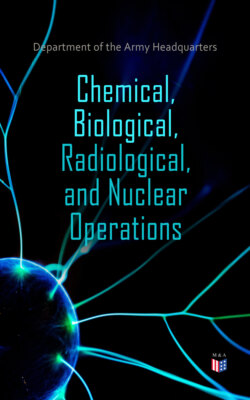Читать книгу Chemical, Biological, Radiological, and Nuclear Operations - Department of the Army Headquarters - Страница 25
На сайте Литреса книга снята с продажи.
1-18. Importance of cooperation.
ОглавлениеTable of Contents
a. One of the principal obstacles with which the naval forces are confronted in small war situations is the one that has to do with the absence of a clean-cut line of demarcation between State Department authority and military authority.
b. In a major war, “diplomatic relations” are summarily severed at the beginning of the struggle. During such a war, diplomatic intercourse proceeds through neutral channels in a manner usually not directly detrimental to the belligerents. There are numerous precedents in small wars which indicate that diplomacy does not relax its grip on the situation, except perhaps in certain of its more formal manifestations. The underlying reason for this condition is the desire to keep the war “small,” to confine it within a strictly limited scope, and to deprive it, insofar as may be possible, of the more outstanding aspects of “war.” The existence of this condition calls for the earnest cooperation between the State Department representatives and naval authorities.
c. There are no defined principles of “Joint Action” between the State Department and the Navy Department by which the latter is to be restricted or guided, when its representatives become involved in situations calling for such cooperation. In the absence of a clearly defined directive, the naval service has for guidance only certain general principles that have been promulgated through Navy Regulations.
